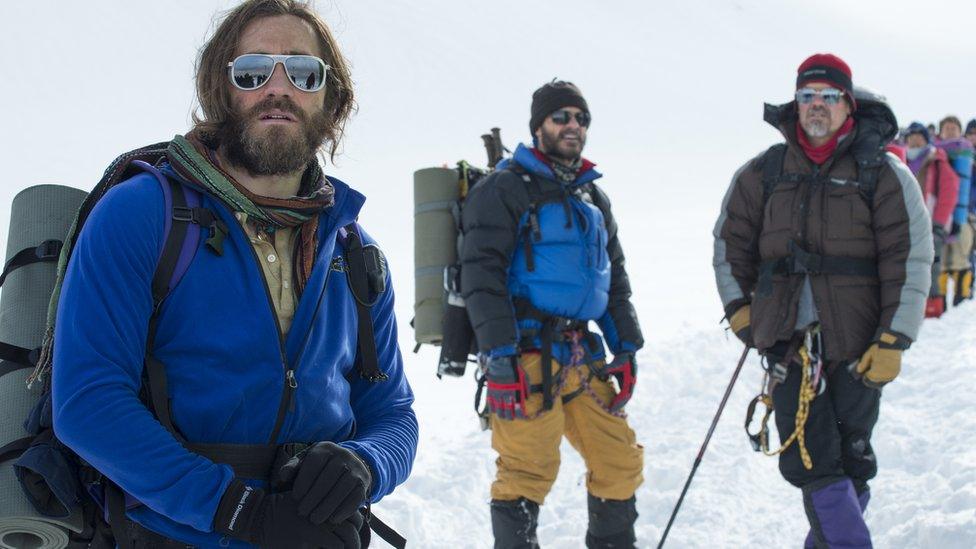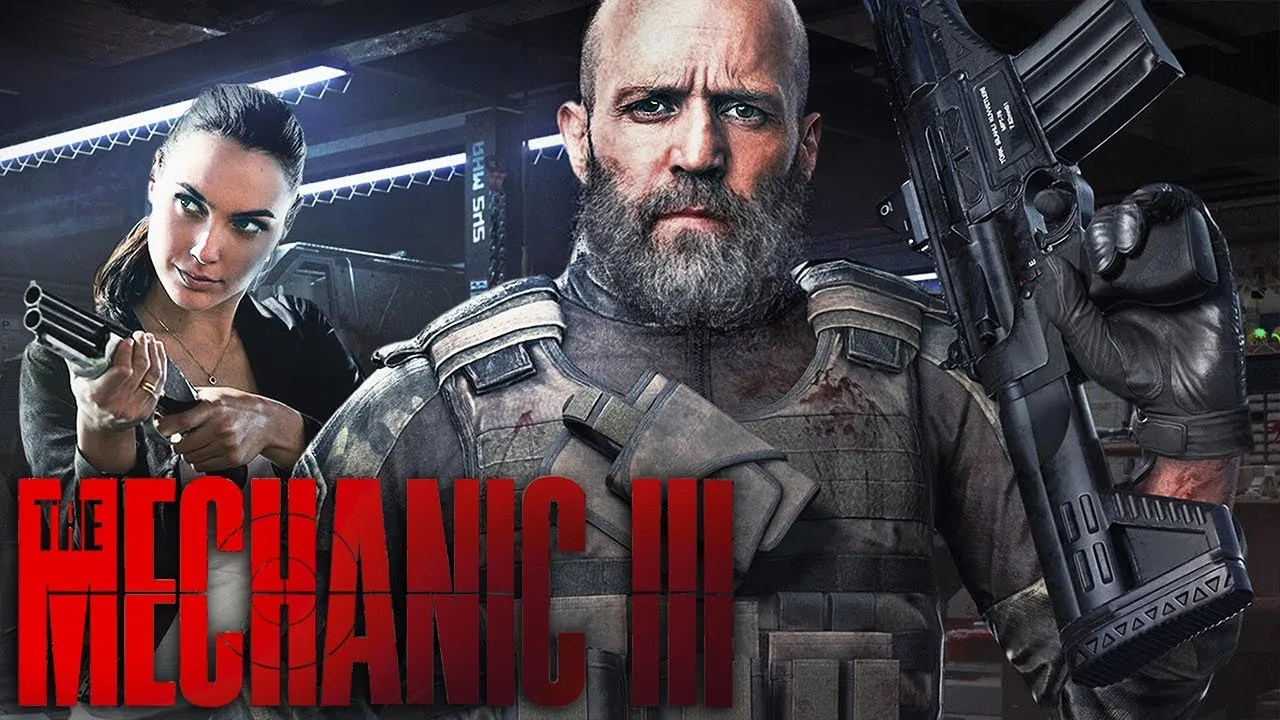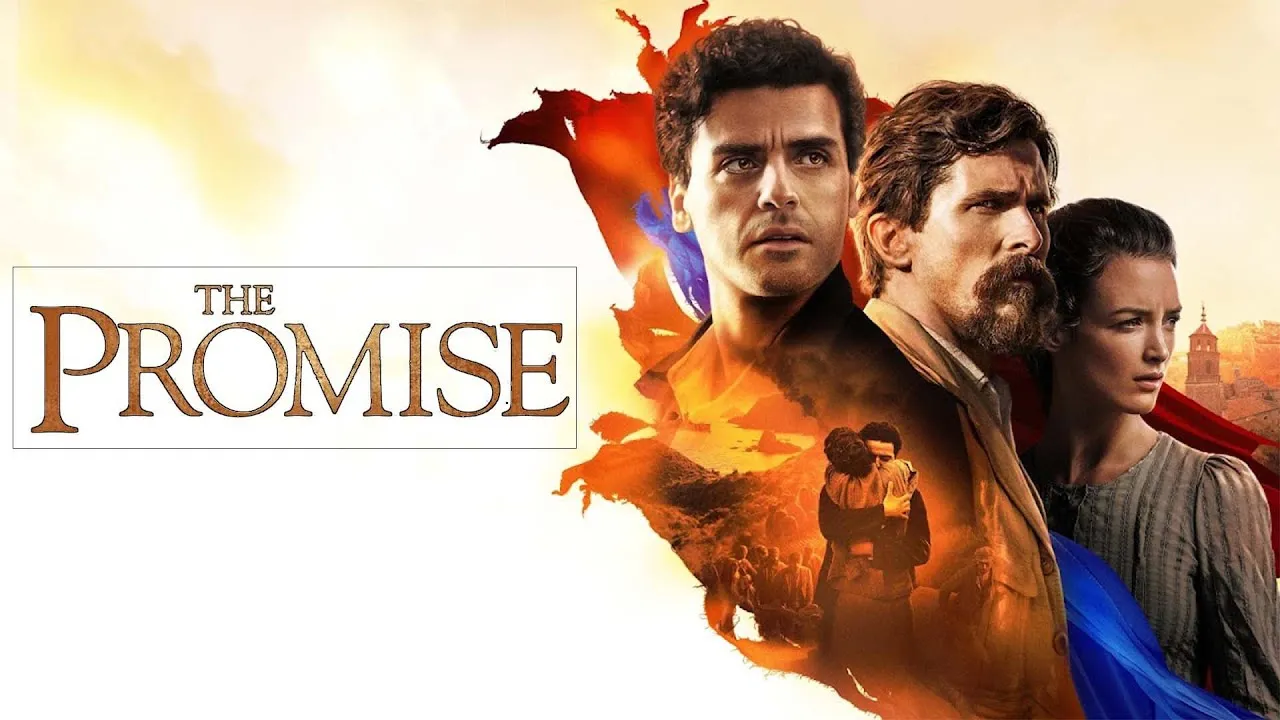The morning of May 10th, 1996, dawned over Mount Everest with a deceptive calm. The world’s highest peak glistened like a frozen cathedral, its silence both sacred and cruel. Climbers from around the globe gathered near the South Col, hearts beating with ambition stronger than oxygen. The wind whispered warnings through the ice, but no one listened — not when the summit was so close. In that thin, shining air, human dreams rose higher than wisdom, and fate began its slow, merciless descent.

By noon, dozens of climbers moved upward in a fragile line, their oxygen masks fogging, their minds dizzy with altitude. The world beneath them faded into clouds, and time seemed to freeze. Then came the first signs — a shift in the wind, a curtain of white crawling across the horizon. Within minutes, the mountain’s face vanished in a storm so fierce it tore tents and souls apart. Radios crackled with broken voices, guides shouted into static, and ropes snapped like brittle thread. Above 8,000 meters — the Death Zone — every breath became a battle between life and surrender.
Some kept moving, driven by the illusion of glory. Others stopped, realizing too late that Everest does not forgive pride. Rob Hall, a guide whose strength carried many before him, refused to abandon his client. “You go down,” he said over the radio, voice trembling through the snow. “I’m staying with him.” The words froze in the wind, immortal and tragic. Nearby, Scott Fischer, another leader, struggled against exhaustion until the mountain itself claimed him. In that storm, humanity shrank to whispers — flickers of light fading one by one in the endless white.

When dawn finally broke, the survivors looked upon a different mountain — no longer a dream, but a graveyard of ambition. The silence was heavier than the snow that covered the lost. Yet amid the devastation, there was also awe: the realization that Everest is not conquered; it merely allows passage. Those who returned carried more than frostbite and scars — they carried the truth that the summit is not the top of the world, but the edge of human frailty. In that cold, endless sky, the line between triumph and tragedy is as thin as breath.


-1752740051-q80.webp)
